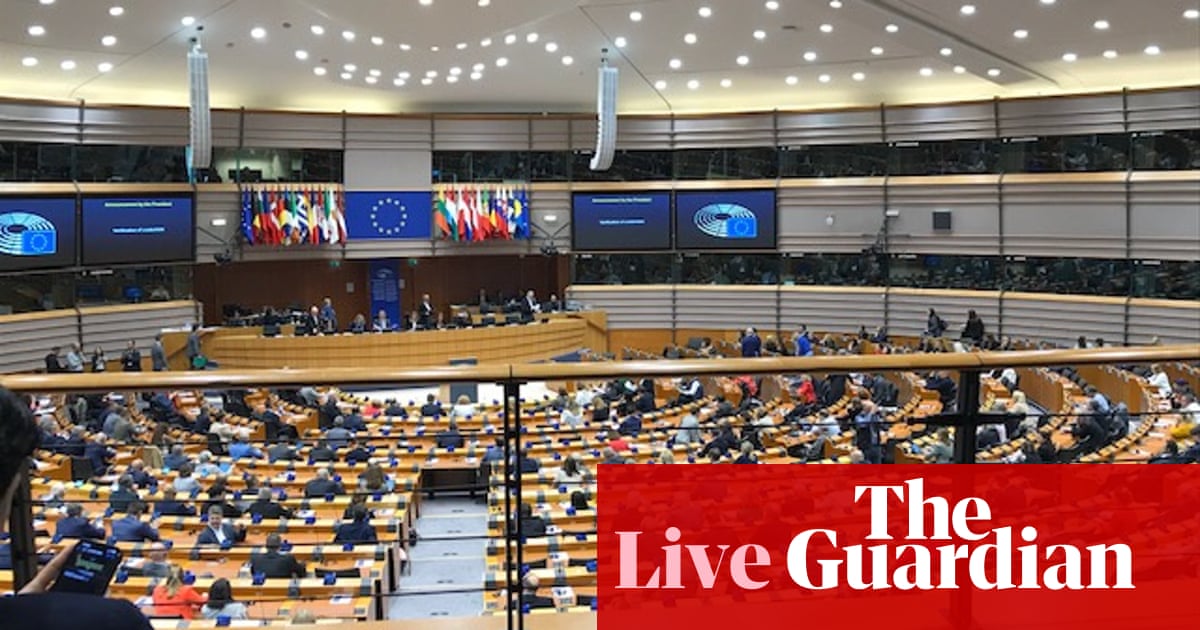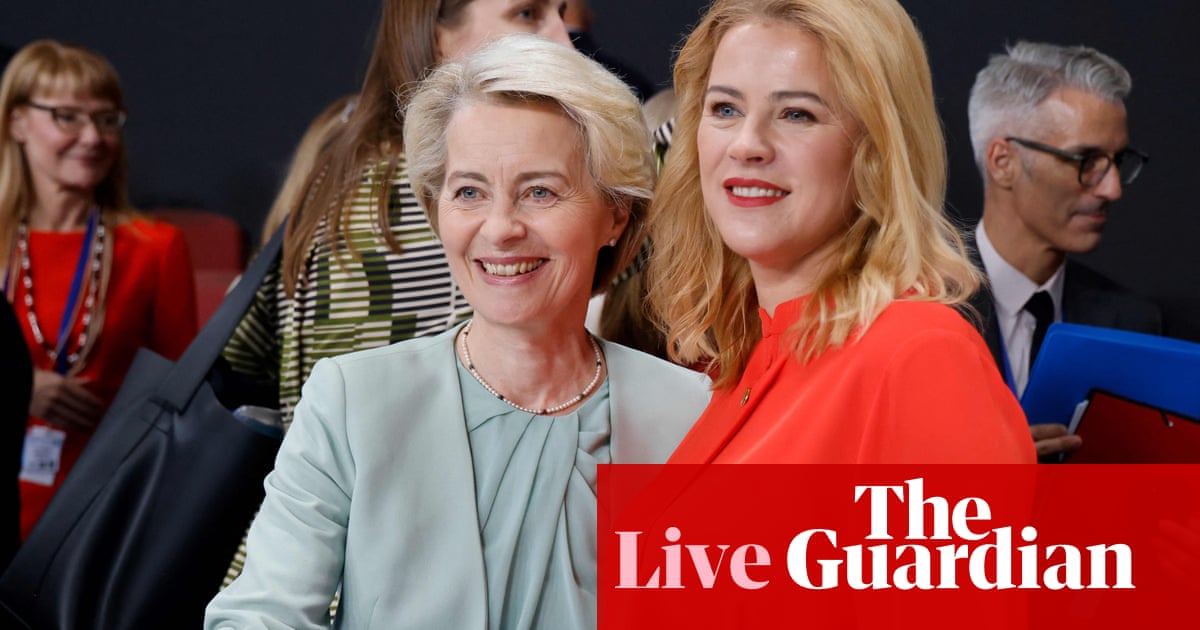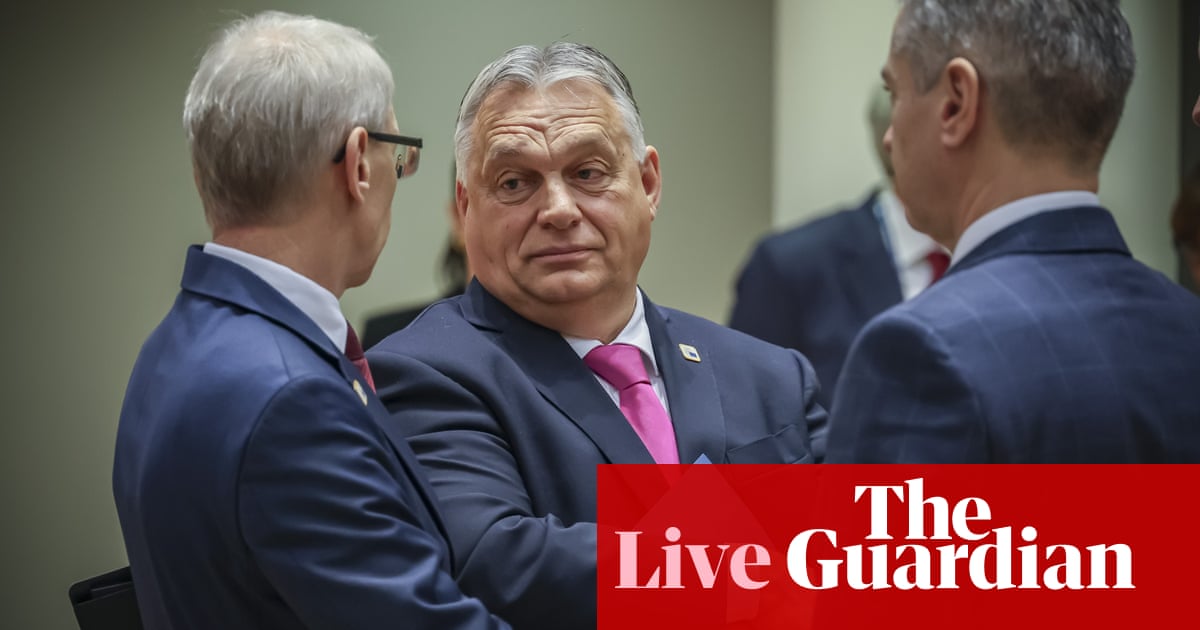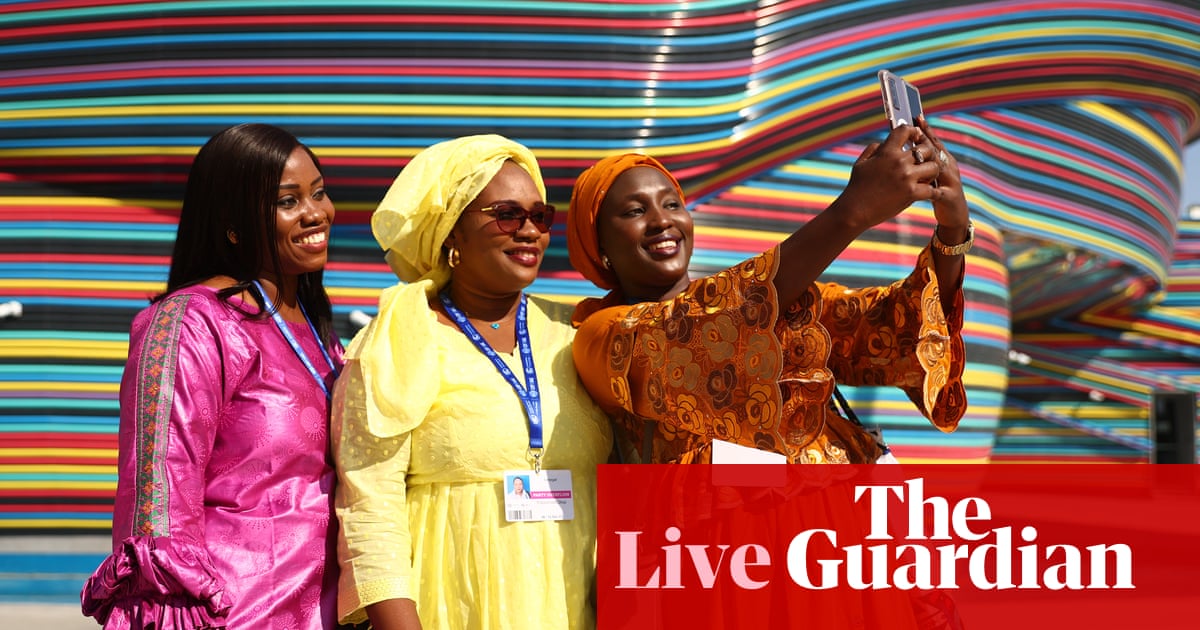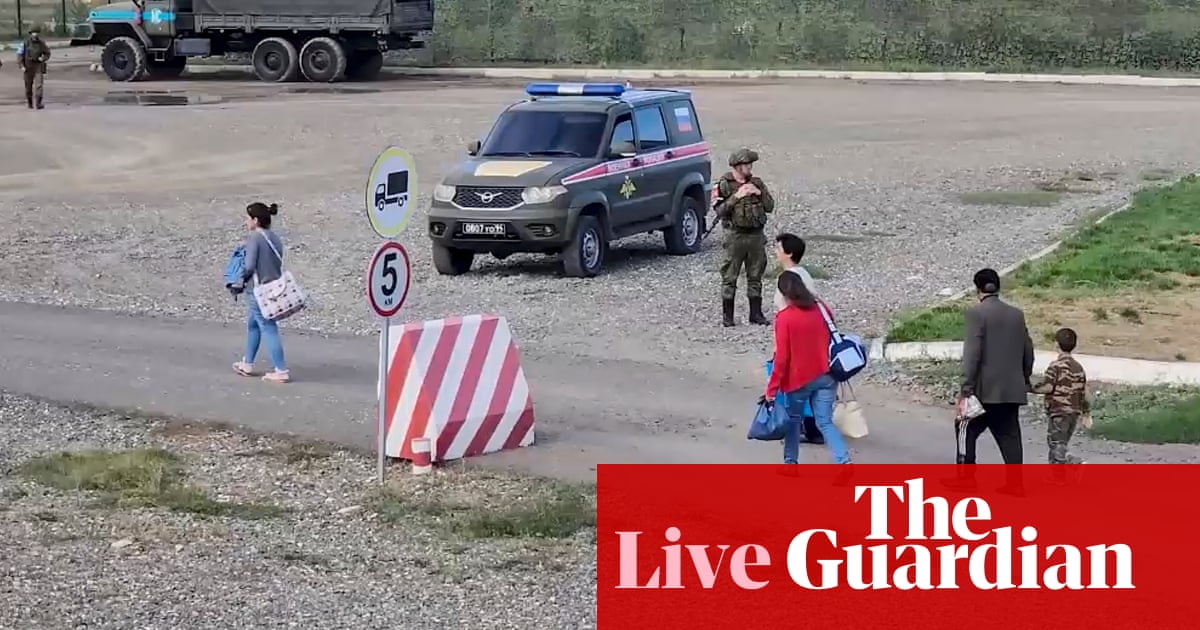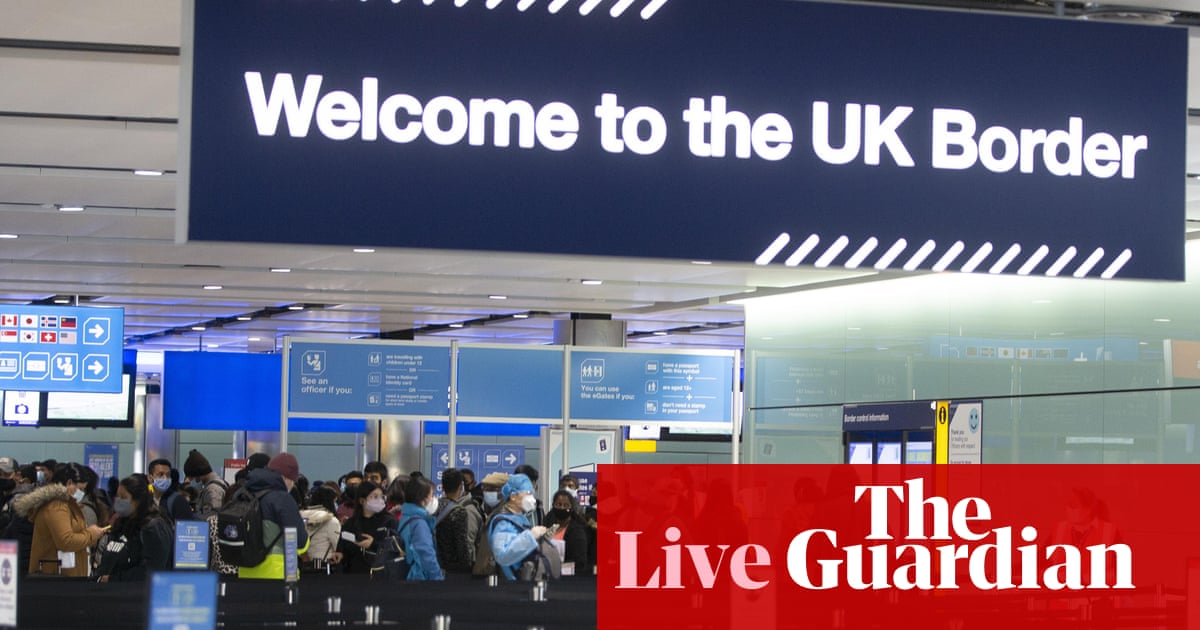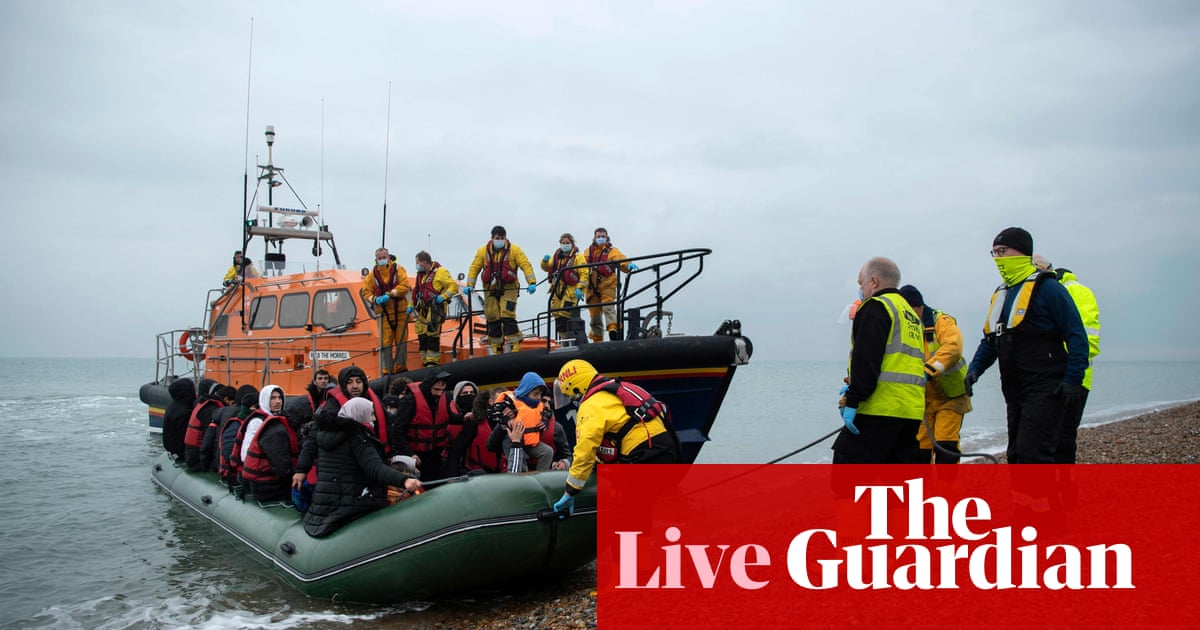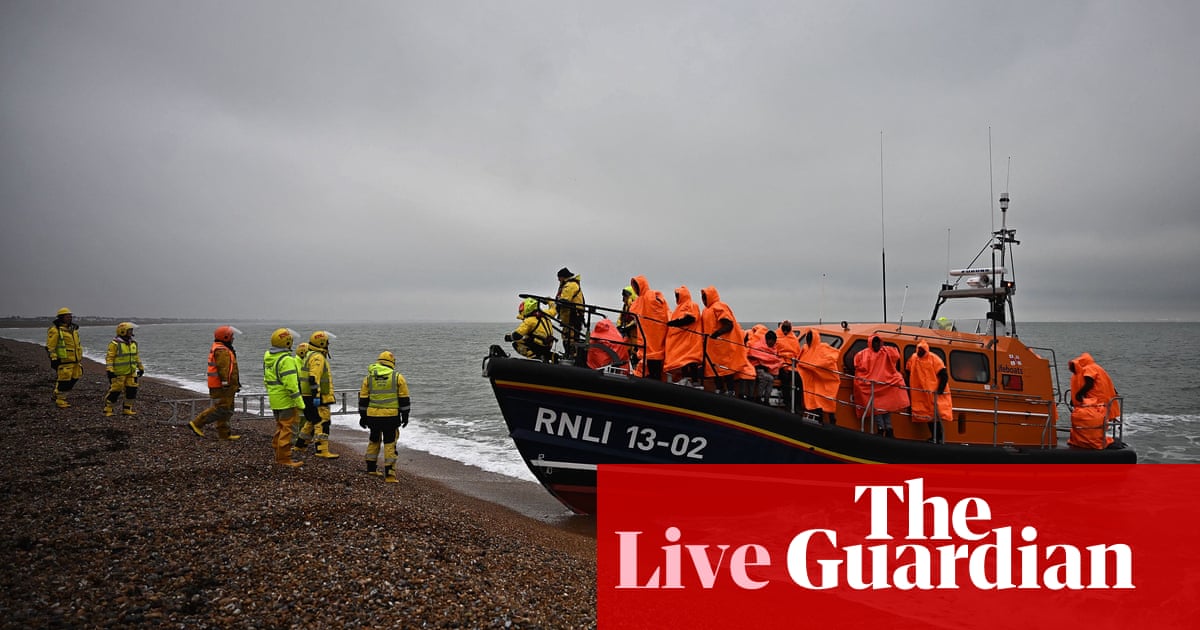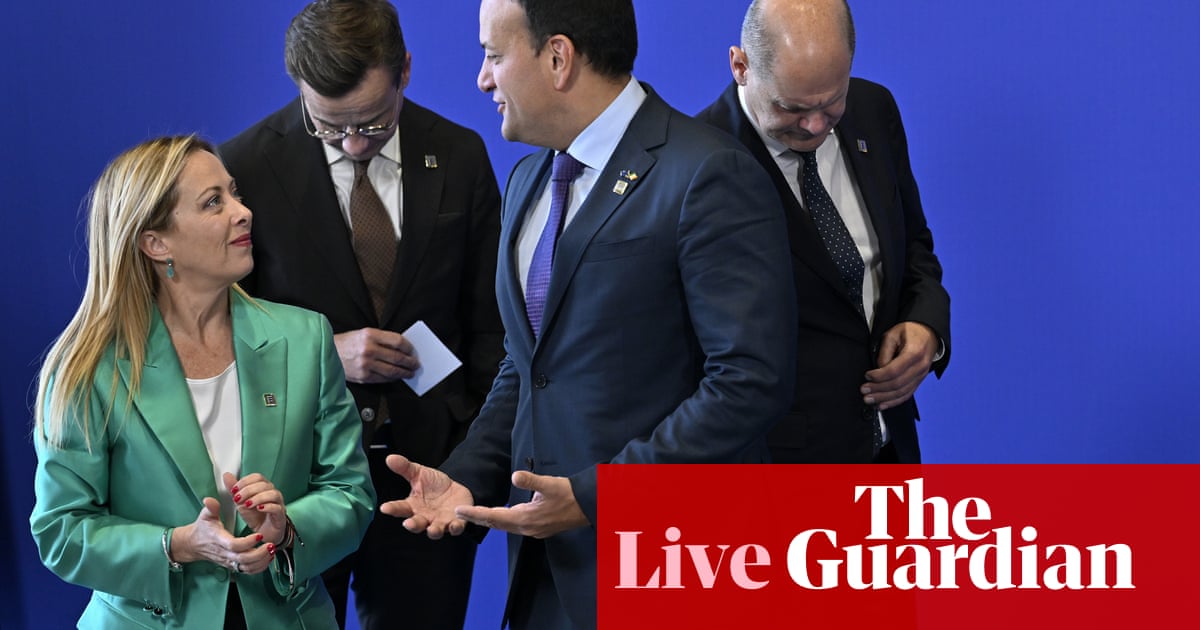
Summit statement adopted without migration paragraph
The EU’s 27 leaders have adopted a Granada statement – but a planned section on migration has been left out, a senior EU diplomat confirmed.
European Council president, Charles Michel, has issued a separate statement in his own name covering migration.
The move comes after Poland and Hungary raised concerns about migration policy and declined to sign on to the pre-negotiated document.
Summary of the day
Heads of state and government from 27 EU countries met in Granada, Spain for an informal summit.
The leaders discussed the bloc’s long-term strategy, enlargement and migration.
Poland and Hungary brought up grievances about the bloc’s migration and asylum policy pact, with the migration debate overshadowing the summit.
The EU’s 27 leaders ultimately adopted a summit declaration without a pre-negotiated paragraph on migration, leaving European Council Charles Michel to publish his own declaration with the migration lines.
A host of leaders emphasised that the EU still has homework to do on internal reforms before adding more members. At the same time, some leaders urged the bloc to move faster on enlargement.
Debates on both migration and enlargement are expected to continue.
Leaders will gather for a formal summit on October 26-27, in Brussels.
Speaking on the sidelines of the summit, the Greek prime minister Kyriakos Mitsotakis urged the EU to show greater solidarity towards frontline member states forced to deal with increased migration flows.
Describing this week’s agreement among EU member states on a migration “crisis regulation” as a positive step, Mitsotakis told reporters much more was still needed.
The deal, alone, cannot solve the problem of migration. A much more comprehensive approach is needed and greater activation of the entire European Union, its institutions and member states, to support counties on its external borders, like Tunisia.
Just as the bloc had sought to strike a deal with Tunisia it should try to strike similar agreements with Libya and Egypt “which is also hosting a large number of migrants and it would be disastrous if they stared headings towards Europe.”
The centre right leader who has frequently said his government follows a “strict but fair” migration policy, despite widespread criticism of alleged pushbacks by the Greek coastguard, said Athens would be pushing for the bloc’s migration budget to be augmented so that extra funds could be allocated to “support those countries, on the condition that they, I emphasise, cooperate with the European Union in stopping migration flows.”
Greece has seen a surge in asylum seekers via outlying Aegean isles from Turkey with NGOS speaking of arrivals increasing by over 900 % over the past three months with more migrants and refugees now on the islands than at any other time since March 2021.
The soaring numbers – over 15,000 – have sparked chaotic scenes at the EU-funded ‘closed controlled access centres’ on the isles – built with the express purpose of avoiding the disastrous scenes that unfolded in the makeshift, open air camps Greece was forced to erect at the height of the migrant crisis in 2015.
“These centres were presented as a solution,” said Dr Apostolos Veizis, managing director of Intersos Hellas, a medical and humanitarian organisation supporting migrants and refugees in Greece. “But that is far from the case. Instead we are seeing facilities hosting more people than they have capacity for and lots of unnecessary suffering because of inadequate services such as doctors and basic medical care,” he told the Guardian.
Insiders said concerted efforts were underway to move “as many of the migrants” as possible off the islands ahead of local elections this weekend.
German chancellor Olaf Scholz said Europe must become fit for the future.
Leaders have left the summit in Granada.
Morawiecki presents his own migration plan
Polish prime minister, Mateusz Morawiecki, who is facing a tight election later this month, said following the Granada summit that he has presented his own migration plan and underscored his role in preventing agreement on the full pre-negotiated summit declaration.
The European Council summit, with illegal immigration as a leading topic, has come to an end. We have been warning against this phenomenon. I expressed our stance very strongly and I made a decision to veto the part that concerned migration.
Von der Leyen outlines migration priorities
Speaking after the Granada summit, the commission president, Ursula von der Leyen said the leaders discussed today the “operational part of managing migration”.
The commission chief outlined five elements that were discussed:
There is a for need for a comprehensive approach to partner countries, and it’s important to invest in those countries.
There is an overall understanding on the importance of legal pathways and humanitarian corridors.
Europe has to crack down on smugglers.
Support countries of transit, and work closely with international organisations help those countries.
Swift returns of irregular migrants and break the narrative of smugglers.
Text of Granada declaration published
Here is the Granada summit declaration.
"No shortcuts" for EU accession, von der Leyen says
Speaking following the Granada summit, European Commission president, Ursula von der Leyen, said that “the accession process to the European Union is a merits-based one” and there are “no shortcuts”.
When we say merits-based we also have to do not only work for the merits-based process in the candidate countries, but we also have to do our own homework so that we are ready in case that … candidate countries are ready to join, that we are also ready to welcome them to the European Union. We will have the commission’s report, the annual report on the accession and where the state of play is for the different candidate countries by beginning of November. This will allow us then to take stock and have an informed debate during the December European Council.
Here is the one paragraph separate declaration by European Council president, Charles Michel.
The Council chief issued his own short declaration after opposition from Poland and Hungary led to the migration paragraph being dropped from the full EU 27 pre-negotiated summit declaration.
Michel stresses need to address external dimension of migration
European Council president, Charles Michel, said that he is pleased that member states recently made progress on the migration and asylum pact.
But, he said, it is important to work on the external dimension of migration, and make sure that Europe is more efficient in its fight against criminal groups and smugglers. There is a need for more cooperation and engagement with third countries, including Tunisia, to protect Europe’s borders, the council chief said.
There is also a need to improve returns of migrants not allowed to stay in the EU, Michel said.
European leaders will return to the issue of migration at their next meeting.
Council chief outlines priorities following summit
European Council president, Charles Michel, said at the summit’s closing press conference that the Granada declaration has been adopted and this was an important point of departure for future work on the EU’s strategic agenda.
Europe has seen that it needs to work together to be more independent. The EU needs to focus on three questions: what are the EU’s common priorities and policies for the future, how Europe will act together in terms of decision-making, and how to make sure that Europe has the budget in line with its ambitions.
Leaders had an opportunity to listen to one another, he said, adding that four points were important:
Europe needs to strengthen its economic and technological basis.
Russia’s war in Ukraine has demonstrated the importance of developing the industrial basis for security and defence.
There was a need to speed up work on sovereignty.
Europe needs to engage with the rest of the world. The EU has a special role to play in a multipolar world.




